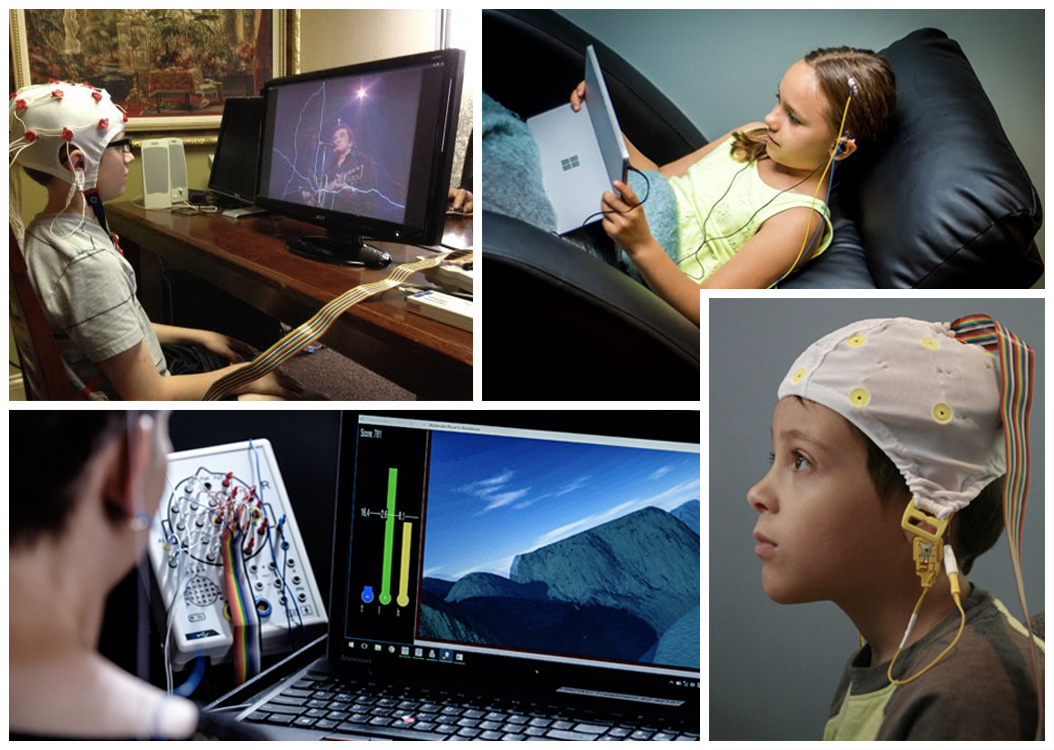Investigating The Way Sleep Ailments Interfere with Brainwave Function and Impact Cognitive Performance
Investigating The Way Sleep Ailments Interfere with Brainwave Function and Impact Cognitive Performance
Blog Article
Sleep is an crucial part of our daily lives, allowing our bodies and minds to rest and recover. However, many individuals experience from sleep disorders, which can significantly disrupt sleep patterns. These disorders can lead to multiple issues, including alterations in brainwave activity. Neural waves are electronic impulses in the mind that indicate our cognitive state and function. When slumber is disturbed, the normal patterns of brainwaves can be impacted, leading to problems with mental function, such as recall, attention, and decision-making.
There are various types of sleep disorders, including sleeplessness, sleep apnea, and unsettled leg syndrome. Insomnia is characterized by trouble falling or remaining asleep, while sleep apnea involves pauses in breathing during sleep. Restless leg syndrome induces uncomfortable sensations in the legs, leading to an compelling urge to shift them. Each of these disorders can disrupt the natural slumber cycle, which consists of various stages, including shallow sleep, profound sleep, and REM (rapid eye movement) slumber. Each stage plays a vital role in preserving overall brain health and function.
When slumber disorders disturb with these stages, neural wave activity can become erratic. For instance, during deep sleep, the mind produces gentle delta waves, which are essential for bodily restoration and memory consolidation. If a person undergoes frequent awakenings or does not attain deep sleep, the generation of these delta waves is diminished. This can lead to challenges in learning new information and holding memories. Additionally, REM sleep, which is associated with fantasizing and emotional processing, is also affected. Interruptions in REM sleep can lead to problems with emotional regulation and inventiveness.
The effect of slumber disorders on cognitive function is substantial. Research has demonstrated that people with slumber disorders often face challenges with focus and concentration. This can affect Visit This Link their performance at school or work, making it difficult to complete tasks or engage in discussions. Furthermore, chronic sleep deprivation can result to mood changes, heightened stress, and even anxiety or depression. These mental and emotional challenges can create a vicious cycle, where poor sleep results to mental difficulties, which in turn can lead to more sleep problems.
Addressing slumber disorders is crucial for improving neural wave activity and mental function. Treatment options may include habitual changes, such as creating a regular slumber schedule, establishing a comfortable slumber environment, and practicing relaxation techniques. In some cases, clinical intervention may be necessary, such as using a CPAP machine for slumber apnea or pharmaceuticals for insomnia. By prioritizing slumber and pursuing appropriate care, people can improve their overall mental abilities and improve their quality of life. Understanding the relationship between sleep disorders, brainwave activity, and mental function is an essential step toward better health and well-being.